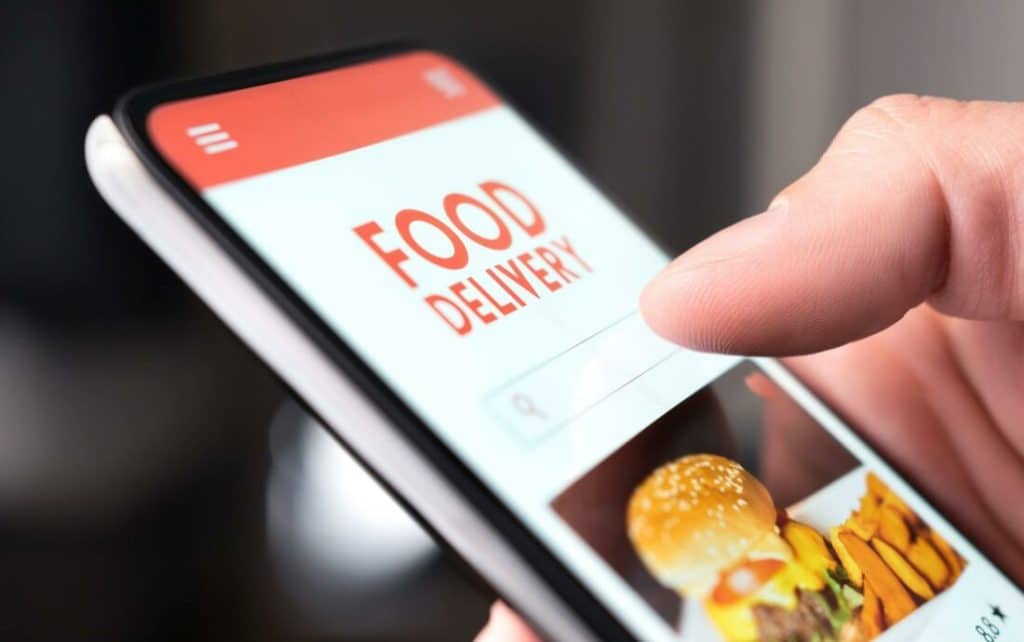The allure of having a takeaway delivered right to your door with a simple few taps has fundamentally transformed the food delivery sector into a beacon of innovation and ease. Scott Dylan, co-founder of Inc & Co and a perceptive commentator on the continually evolving ‘as-a-service’ domain, explores the future of food delivery services with sharp predictions that echo with a society increasingly dependent on technology for culinary solutions. His discussion not only examines the present state of food delivery but also foresees a future where artificial intelligence (AI), sustainability, and an integrated transaction-based ecosystem entirely reshape our dining experiences.
Dylan‘s prognostications are firmly grounded in the technological progress that is currently redefining consumer interactions. He anticipates the incorporation of AI in food delivery services to enhance personalisation and efficiency in the ordering process, establishing sustainable food delivery as a universal standard. This reflects a global imperative to harmonise convenience with environmental responsibility. The approaching years are poised for a revolutionary shift in the food delivery industry, driven by visionaries like Dylan, where the integration of technology and culinary satisfaction might just create a new culinary culture.
The Evolution of Food Delivery: From Telephone Orders to Digital Apps
The trajectory of food delivery services has experienced a profound transformation, moving from the traditional action of placing a telephone order to the modern, effortless gesture on a digital app. Initially, the early stages of online food delivery, constrained by the capabilities of web 1.0, permitted users to explore food delivery options online, albeit via outdated interfaces. Today, we witness significant advancements in the food delivery infrastructure, altering the way we enjoy gastronomic delights from the comfort of our own homes.
The era of waiting on hold to place an order is now a relic of the past. Pioneers in the realm of online food service delivery, such as Uber Eats, Just Eat, and Deliveroo, have not only redefined the notion of convenience but have also established a harmonious relationship between gastronomic desires and technology. These platforms are at the forefront of advancements in fast food delivery, evolving beyond the cooperative nature of web 2.0, and moving towards a future where predicting customer preferences is a tangible reality.
In the contemporary setting, hunger prompts algorithms instead of telephone calls. A forward-looking system, powered by advanced computing, predicts and fulfils a diner’s preferences even before they are made explicit. This significant advancement in predictive technology marks a major shift in online food delivery trends, where a synthesis of user history and real-time data merge to offer a highly personalised and satisfying food delivery experience.

